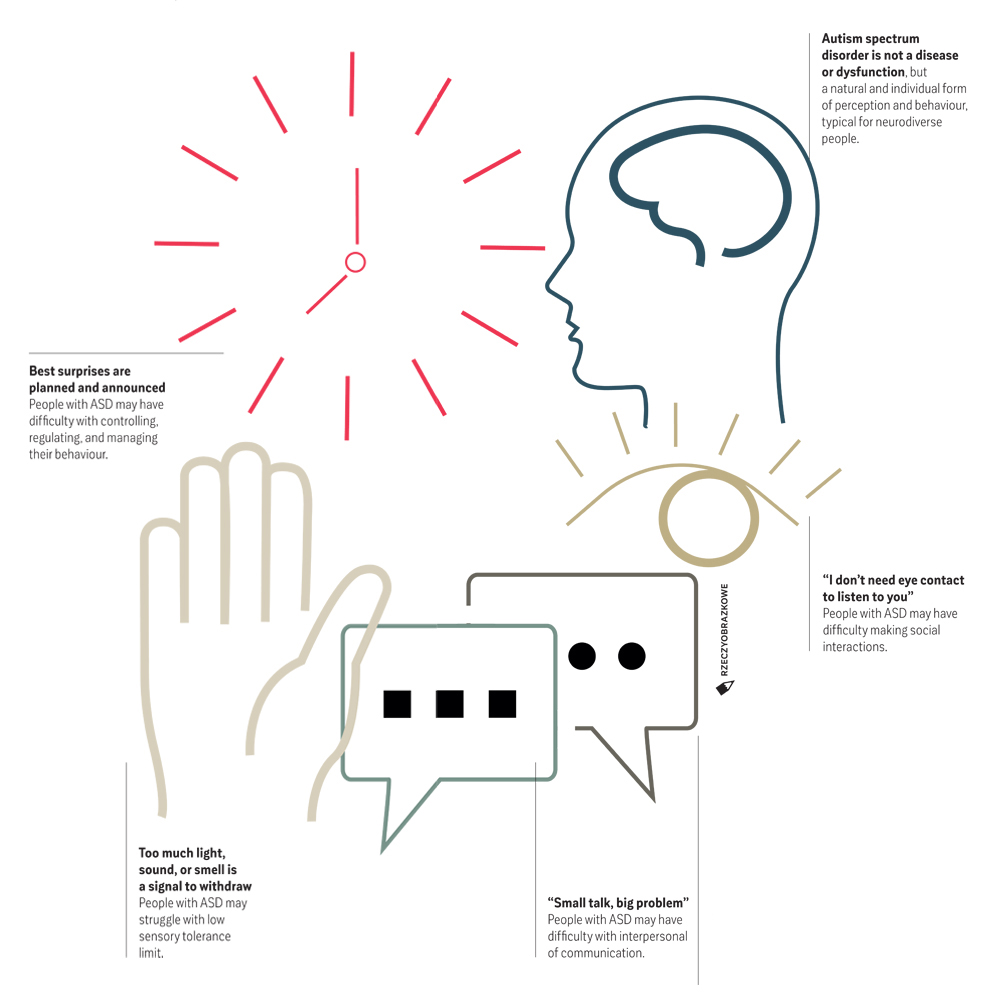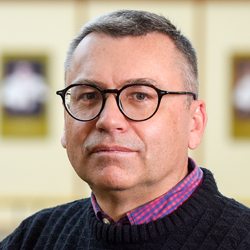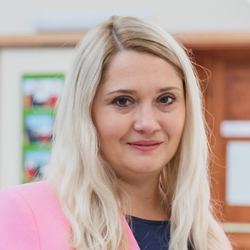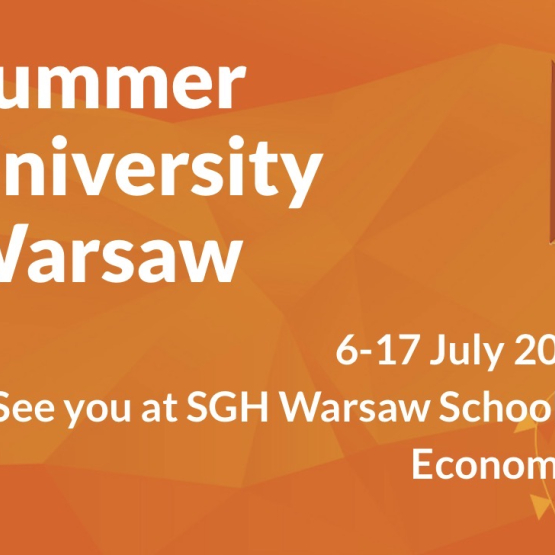
In her book “Explaining Humans” Dr Camilla Pang, a British computational biologist, tries to understand and explain people’s behaviours and social habits from the perspective of a person diagnosed with ASD (autism spectrum disorder, ADHD (attention deficit hyperactivity disorder) and GAD (generalised anxiety disorder). For people with ASD, learning human behaviour is like learning foreign languages for the others. As the author says, “I’m someone who doesn’t instinctively know what love, empathy and trust feel like . . . . People with ASD have a harder time processing and understanding events on an everyday scale: often we have no filter in what we see or say. . . . ASD means I see the world differently, and without preconceptions; while anxiety and ADHD allow me to process information at rapid speed, as I pogo between boredom and intense concentration, and mentally envisage every possible outcome of each situation I find myself in. . . .”1 Just as Camilla Pang began her academic adventure at the Bristol University, each year neuroatypical students start higher education. As they themselves say, they process information and stimuli differently, have a different way of learning, remembering and communicating, making decision, and even performing certain activities.

According to available data, the number of students with ASD attending universities is somewhere between several and several dozens, depending on the school size and faculty. This group keeps growing by 20% each year, which means that soon in Poland it will comprise around 20 thousand people.2 Still, these numbers are just estimates, because some of these people will never reveal their disorder. Some of them expect or will expect support in facing up to challenges specific to the academic environment.
Best surprises are planned and announced People with ASD may have difficulty with controlling, regulating, and managing their behaviour.
SGH Warsaw School of Economics has had such a support system in place since 2021, along with the project “Assistant for Student with ASD”. Our school has implemented a social innovation the goal of which is to ensure individual support to neurodivergent people. Functions of social assistants were created, as well as a function of leader assistant, coordinating essential actions. Each student with a diagnosis can apply for assistance. Currently SGH provides assistance to 10 students from all study modes. Interestingly, before the solution was implemented, students with ASD accounted for approximately 2% of all those turning to the Office of Accessibility and Support for People with Disabilities at SGH, while now they already account for 13%.
Too much light, sound, or smell is a signal to withdraw People with ASD may struggle with low sensory tolerance limit.
The way the assistance is performed is closely connected with a person’s individual needs. Some students covered by the programme use only assistant support. Some need also additional tools that make the teaching process available. In that case they can receive complementary assistance, according to Regulations of support for persons with special needs at SGH, which provides a list of various forms of assistance and different available solutions.
Autism spectrum disorder is not a disease or dysfunction, but a natural and individual form of perception and behaviour, typical for neurodiverse people.
It is true to say that the fact that you know one person with autism means that you know only one person with autism. Similarly, it is difficult to identify one motivation of applying for assistance. One of the students said: “I had difficulties with communicating with some lecturers, which I think negatively affected their evaluation of my work in class. Additionally, because of serious problems with concentration, I found it difficult to finish writing exams within the time limit.” Another one admitted: “I figured out that this is something that would make it easier for me to function at the university and help communicate with lecturers. Without such support I wouldn’t know how to ask a teacher to extend the time of an exam in a way which does not sound as a rude request”. Each such person is granted individual support provided by one of three assistants working at our school. Some students need occasional assistance, some meet regularly with the assistants. One of the students, asked to assess the programme, said: “In my view it’s very good. Each time I needed casual support connected with university issues, I received it quickly and effectively. During one and a half year of participation in the programme I always felt that SGH staff actually did want to help me, and were not only performing their duties.” Another student said that “the assistance itself is also performed at the highest level. The assistant is professional and very student-friendly. He explains me each matter with which I turn to him, and tells me how to deal with it. I’m sure that without his assistance my life at the university would be much more difficult”, he stressed.
“I don’t need eye contact to listen to you” People with ASD may have difficulty making social interactions.
These statements justify the logic of the support, and should encourage those who hesitate to apply for such assistance. “I’d like to strongly recommend all the people with autism to turn to The Office of Accessibility and Support for People with Disabilities and ask about the possibility to work with an Assistant of Student with ASD”, says one of the students.
“Small talk, big problem” People with ASD may have difficulty with interpersonal of communication.

DR RAFAŁ TOWALSKI, Leader Assistant of Student with ASD, Accessibility Ambassador, Assistant Professor, Economic Sociology Unit, Institute of Philosophy, Sociology and Economic Sociology, SGH Collegium of Socio-Economics

JUSTYNA KAPTURKIEWICZ, Head of the SGH Office
of Accessibility and Support for People with Disabilities
-
C. Pang, Jak działają ludzie. Co nauka może nam powiedzieć o życiu, miłości i relacjach [English title: Explaining Humans.What Science Can Teach Us about Life, Love and Relationships] Grupa Wydawnicza Relacja, Warsaw, 2022, pp. 9-11
- R. Cierzniewska, Neuroróżnorodnodność studentów w uczelni wyższej w dyskursie kompensacyjnoterapeutycznym i dyskursie otwierania potencjału. Część I, Horyzonty Wychowania 20, no. 56 (November 13, 2021): 119-132, downloaded from: https://horyzontywychowania.ignatianum.edu.pl/HW/article/view/2182.


